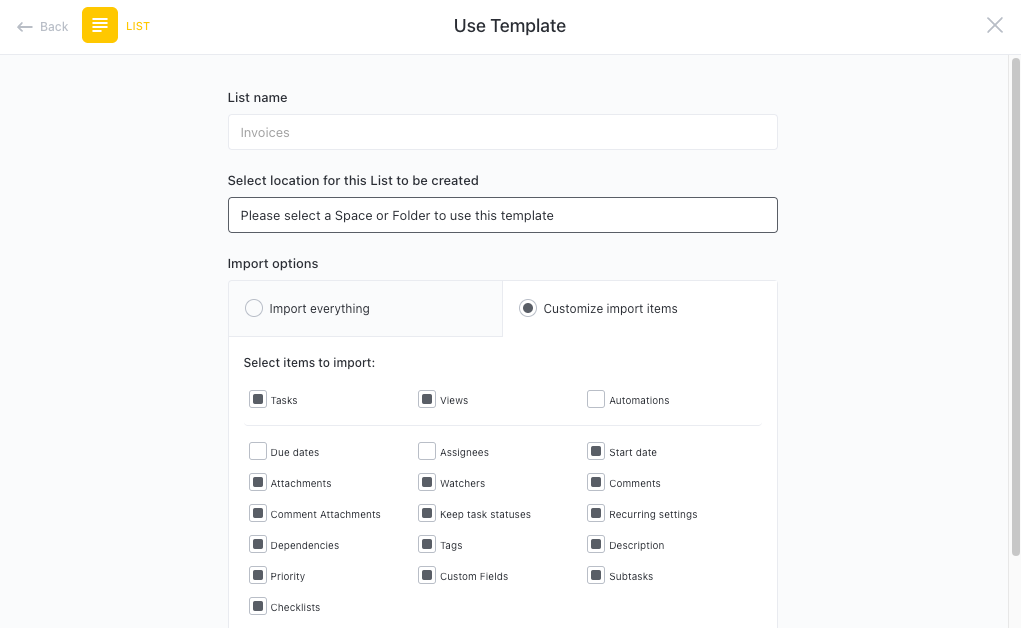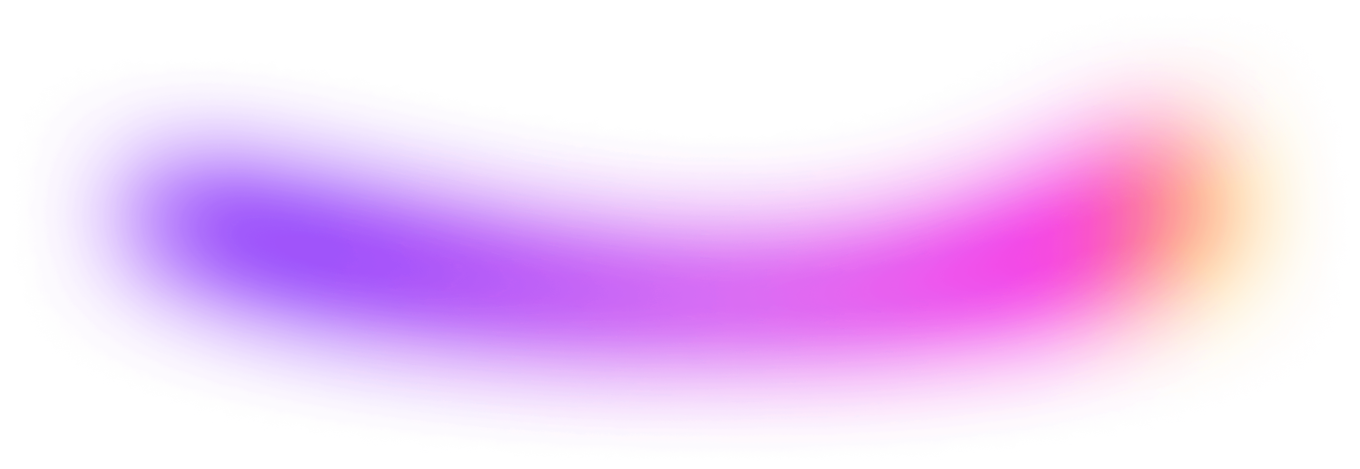As a policy analyst, your meetings are the driving force behind impactful decision-making. But keeping everyone on track and ensuring every voice is heard can be a challenge. That's where ClickUp's Policy Analysts Meeting Agenda Template comes in!
With this template, you can:
- Organize and structure discussions on policy-related topics for efficient use of time
- Set clear objectives and outcomes to drive focused conversations
- Provide equal opportunities for all participants to contribute their expertise and insights
Whether you're gathering your team to evaluate existing policies or brainstorming new ones, this template will help you run effective meetings that lead to real change. Get started today and transform your policy discussions into actionable results!
Benefits of Policy Analysts Meeting Agenda Template
When using the Policy Analysts Meeting Agenda Template, you can benefit from:
- Streamlined meetings that stay on track and focus on policy-related topics
- Clear objectives and desired outcomes for each agenda item, ensuring a productive discussion
- Equal opportunity for all participants to contribute their expertise and insights
- Efficient use of time, with a structured agenda that keeps the meeting on schedule
- Documentation of meeting discussions and decisions for future reference and accountability
Main Elements of Policy Analysts Meeting Agenda Template
When it comes to policy analyst meetings, ClickUp's Policy Analysts Meeting Agenda template has got you covered! This Doc template includes:
- Statuses: Use custom statuses to keep track of the progress of each agenda item, such as “Pending,“ “In Discussion,“ and “Approved.“
- Custom Fields: Add custom fields to capture important details for each agenda item, such as “Meeting Date,“ “Presenter,“ and “Action Items.“
- Different Views: Utilize different views to manage and organize your meeting agenda, including the Board view for a visual Kanban-style layout, the Calendar view to schedule and track meetings, and the Table view to create a structured and organized agenda.
With ClickUp's Policy Analysts Meeting Agenda template, you'll have all the tools you need to streamline your meetings and drive effective policy discussions.
How to Use Meeting Agenda for Policy Analysts
If you're a policy analyst and need to organize your team meetings efficiently, here are five steps to use the Policy Analysts Meeting Agenda Template in ClickUp:
1. Set the meeting date and time
First, determine the most suitable date and time for your policy analysts meeting. Consider everyone's availability and ensure it doesn't conflict with any other important events or deadlines. Once you've decided, use the Calendar view in ClickUp to schedule the meeting and notify all participants.
2. Define the meeting objectives
Before the meeting, clearly outline the objectives and goals you want to achieve. Are you discussing a specific policy proposal, analyzing data, or brainstorming ideas? By defining the meeting's purpose, you can ensure that all participants are on the same page and that the discussion stays focused.
Use a Doc in ClickUp to document the meeting objectives and share it with your team for reference.
3. Prepare the agenda
Create a comprehensive agenda that outlines the topics to be discussed and the time allocated for each. Start with a brief introduction, followed by a review of previous meeting minutes and any action items. Then, list the main discussion points, ensuring that the most important topics are given priority.
Use the Board view in ClickUp to create cards for each agenda item and easily reorder them as needed.
4. Share materials and resources
To ensure that everyone is well-prepared for the meeting, share relevant materials and resources in advance. This may include policy documents, research papers, data analysis reports, or any other information that will be discussed during the meeting. By providing these resources ahead of time, you can encourage meaningful contributions and informed discussions.
Use the Docs feature in ClickUp to upload and share important documents with your team.
5. Follow up with action items
At the end of the meeting, summarize the key decisions, action items, and next steps. Assign responsibilities to team members and set deadlines for completing each task. This will help ensure that the meeting outcomes are implemented effectively and that progress is tracked.
Use tasks in ClickUp to assign action items, set due dates, and track the progress of each task.
By following these steps and utilizing ClickUp's features, you can streamline your policy analysts meetings, enhance collaboration, and drive effective decision-making in your team.

Get Started with ClickUp’s Policy Analysts Meeting Agenda Template
Policy analysts can use the Policy Analysts Meeting Agenda Template to streamline their meetings and foster productive discussions on policy-related topics.
First, hit “Add Template” to sign up for ClickUp and add the template to your Workspace. Make sure you designate which Space or location in your Workspace you’d like this template applied.
Next, invite relevant members or guests to your Workspace to start collaborating.
Now you can take advantage of the full potential of this template to plan and conduct effective policy meetings:
- Use the Meeting Agenda View to create an agenda for each meeting, outlining topics, objectives, and time allocations
- Assign tasks to participants to ensure everyone is prepared and has specific responsibilities
- Utilize the Notes section to capture key discussion points, decisions, and action items during the meeting
- Incorporate the Decision Log View to document and track policy decisions made during the meeting
- Take advantage of the Action Items View to assign tasks, set due dates, and keep track of follow-up actions
- Use the Discussions feature to facilitate ongoing conversations and collaboration between meetings
- Monitor and analyze meeting outcomes to assess the effectiveness of policies and identify areas for improvement








